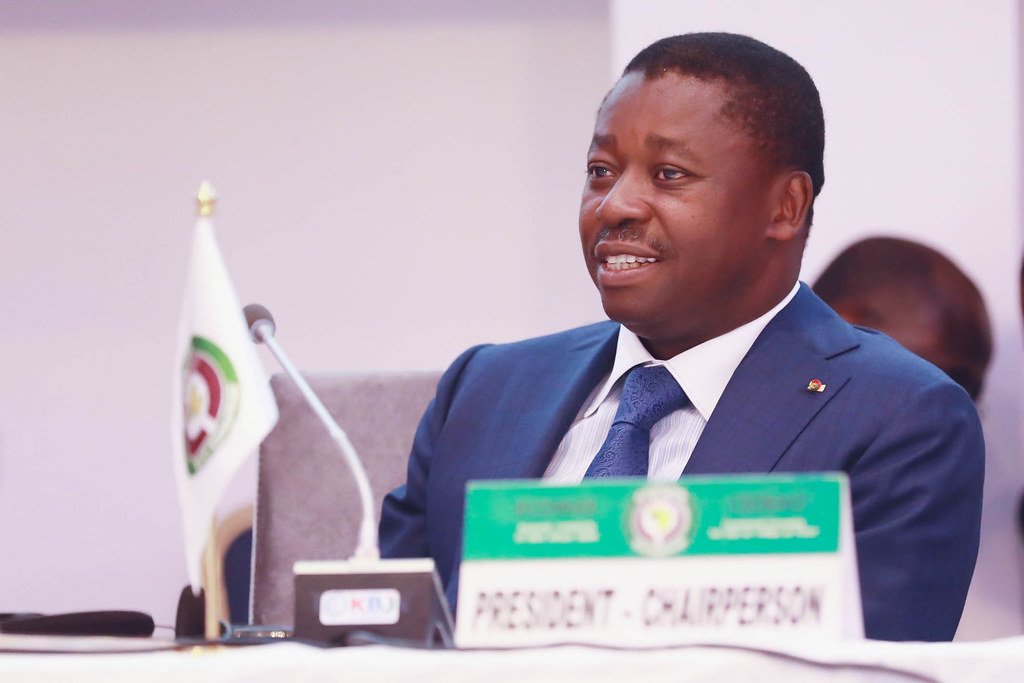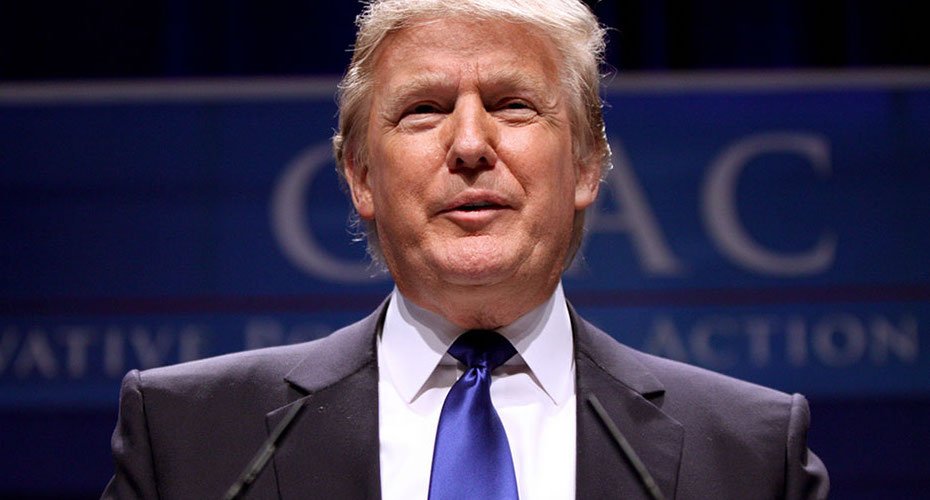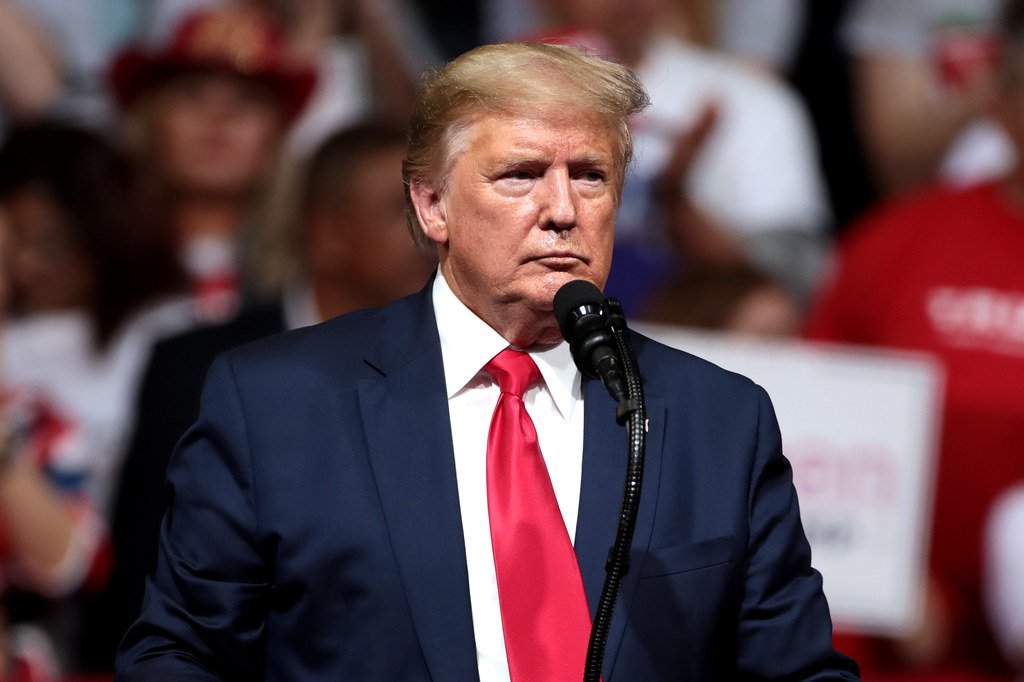By BlogHear News Team | May 4, 2025
Lomé, Togo — Togo’s President Faure Essozimna Gnassingbé has been sworn in as the first-ever President of the Council of Ministers, a newly created position that holds the highest executive power in the country. This marks the latest stage of constitutional reforms that have reshaped Togo’s political structure and solidified Gnassingbé’s rule.
The constitutional reform, which was approved by Togo’s parliament in 2024, dismantled the presidential system and introduced a parliamentary system. This shift also effectively made the position of the President of the Republic largely ceremonial, while the President of the Council of Ministers assumes the primary executive role. Notably, the position has no official term limits, allowing Gnassingbé to maintain his influence over the country’s political affairs.
A Move to Cement Power?
Gnassingbé, who took power in 2005 after the death of his father, Gnassingbé Eyadéma, has led the country for nearly two decades. His family has ruled Togo for over 58 years, sparking criticisms that the reforms are designed to allow him to extend his rule indefinitely. The opposition has decried the changes as an “institutional coup,” accusing the president of undermining democratic processes in order to remain in power.
The change comes after a resounding victory by Gnassingbé’s party, Union for the Republic (UNIR), which won 108 out of 113 seats in the National Assembly in the 2024 parliamentary elections. This near-total dominance ensures that his government can push through legislation with minimal opposition.
A Historic Constitutional Shift
The constitutional reforms, which were overwhelmingly approved by lawmakers, officially replace the presidential system with a parliamentary one. While the president retains the honorary title, the executive authority now lies with the President of the Council of Ministers, who will serve a six-year term, with no specific term limits.
Despite the changes, political analysts believe Gnassingbé’s power is now more entrenched than ever. His new position places him at the heart of the executive branch, consolidating his authority over Togo’s government and its institutions. The municipal elections scheduled for July 2025 will be the first held under the new system.
Criticism from the Opposition
The opposition has reacted strongly against the reform, calling it an undemocratic move to allow the president to maintain control over Togo indefinitely. Critics argue that the move violates the principles of democratic governance and undermines the country’s fragile democratic progress.
“This is an institutional coup d’état, a clear attempt to keep the Gnassingbé family in power,” said one opposition leader, who requested anonymity. “The reforms give him unchecked power, and the parliament is nothing more than a rubber stamp for his agenda.”
A Divisive Move for Togo’s Future
As Togo enters a new political era, the future of the country remains uncertain. While the ruling party and its supporters argue that the shift will bring greater political stability, critics fear that the move could pave the way for further entrenchment of the ruling elite and erosion of democratic freedoms.
The government has not yet responded to international concerns, but experts are watching closely as the first municipal elections under the new constitution approach. For now, Togo’s political landscape continues to be shaped by the ongoing debate over the extent of executive power and democratic reform.
For more updates on Togo’s political situation, stay tuned to BlogHear.com.




